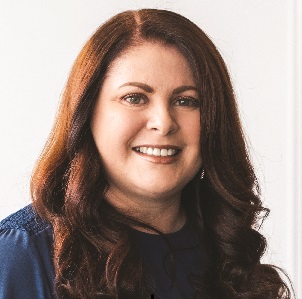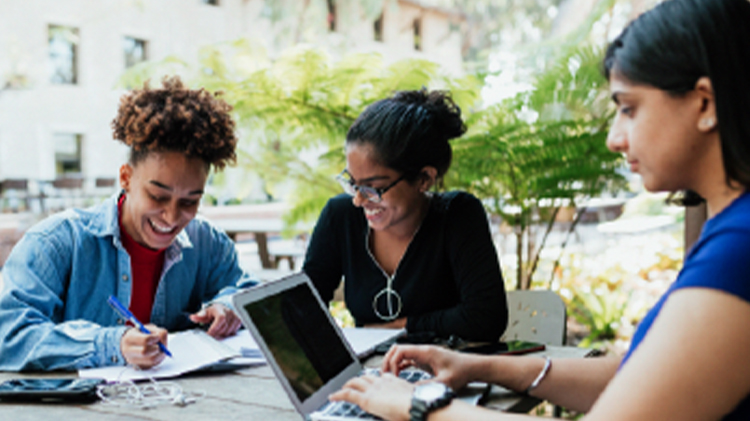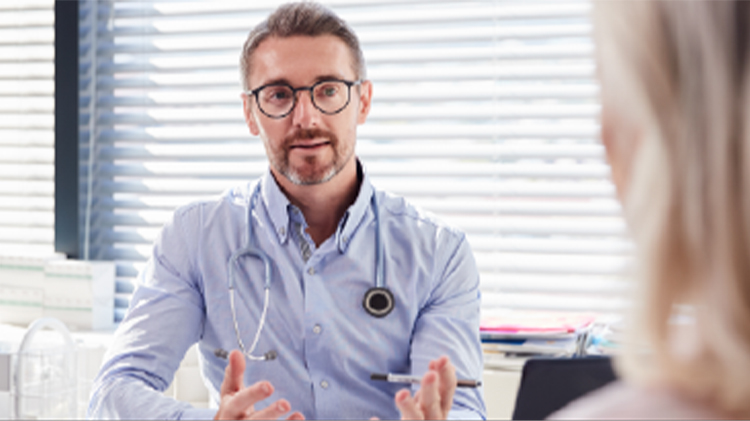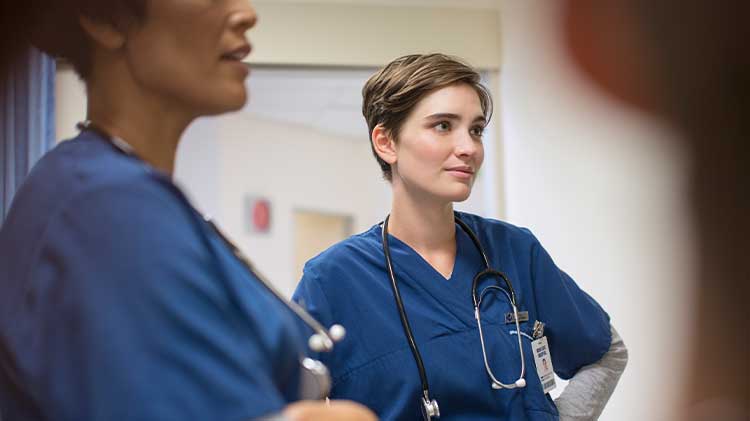In profile: Dr Claudine Cerda-Pavia
13 Dec 2024
What inspired you to pursue a medical career, particularly in general practice?
I took a fairly atypical path to get to where I am today. I started out with a science and commerce double degree and pursued a graduate career with Shell. I spent some years working around the world before becoming a management consultant with Deloitte. I had quite a strong interest in medical science, so I decided to study medicine.
Of all the specialties, general practice is the broadest when it comes to opportunity, diversity and the ability to experience constant change, which is why I pursued general practice at this stage of my life. Once you start specialising, it can narrow your focus – which is obviously fantastic for some doctors – but that wasn't for me.
How does your career as a doctor help with your work in other areas, such as change management and business transformation in the medical sector?
I started off in change management and influencing negotiations in the corporate sector, so I gained a lot of valuable experience. I haven't completed my GP training, but I think operating well as a doctor is really a lot about life skills. Obviously, there's a very strong clinical and academic component, but medicine is also about positively influencing others. It’s about getting the best outcomes for your patients, working with teams, and being organised and diligent. The skills I’ve developed in previous roles help me as a doctor – and when I look at medical executive work or other projects within medicine, the skills are the same.
I recently had the pleasure of meeting you in the beautiful “Red Centre”. Can you tell me about Binar Futures, and what led you to work with this incredible project?
Binar Futures is a grassroots community organisation with a mission to engage Aboriginal youth, promote healthier lives, and develop more resilient and empowered young people who can build positive futures. I was approached by my colleague, Corey Dalton, who is a GP trainee and an Indigenous doctor. He suggested I have a chat with Andrew Vlahov, the Chair of Binar Futures, who had a vision about creating these health-check camps using sport as an incentive. The Indigenous kids come for basketball tournaments in country Western Australia, but also participate in a health check during the tournament. It works because we potentially pick up things that could help save lives.
What advice would you give to someone considering a medical career, especially with non-profit medical projects or in remote areas?
In terms of not-for-profit medical projects, this is a first for me. But I think there are many types of such medical projects out there. I think the key is to think carefully about the needs you are addressing. Are you bringing something that's new, or are you overlapping with an existing service? How will you achieve a benefit, whether it's closing the gap or increasing detection of a medical condition?
There are lots of examples, but one of the most interesting is Operation Smile – a group of surgeons and nurses who travel around the world fixing cleft and craniofacial conditions in impoverished areas. It’s a need that won't otherwise be addressed, but it's a large-scale project that takes a lot of money, a lot of people, and a lot of vision to develop. But we have some great initiatives in our own backyard as well. My advice would be to find a need, find something that you think you can contribute to, and then just start having lots of conversations.
Working as a doctor can be quite overwhelming. Do you do anything to support your mental health?
I've worked in other very highly stressful careers, so I became aware at a young age that mental health is really important. In my first job out of university, I worked 80-hour weeks because that’s just what you did. You worked, you went to a work dinner, you went home, and then you did a teleconference at midnight because you worked in an international team. I'm very driven, and I did this for a very long time and it was fine. But I was young, and I had stamina. At some point you do get tired. Most people suffer burnout before they realise that self-care is important. We talk a lot more about burnout now, which I think is a good thing – it means we’re more likely to take some action.
You have a lot of demands on your time. How do you fit it all in?
I know when I'm getting overwhelmed. I'm not great at it, because I take on too many things. I run projects outside of work, I have children, I participate in marathons – so I do a lot. I try to exercise every day, but it probably happens three or four days a week and I take that as a win. Once I get home, I take my professional hat off and I cuddle my kids a lot.
Stay updated with the latest medico-legal content |
Subscribe to MDA National’s biannual Member publication, Defence Update, for the latest medico-legal updates, articles and case studies.
Professional boundaries in healthcare - Part 1
Boundaries with patients present in numerous ways every day and all health practitioners
11 Aug 2025
Understanding Professional Medical Indemnity Insurance
Do you understand the ins and outs of professional medical indemnity insurance?
11 Aug 2025
Professional boundaries in healthcare - Part 2
Boundaries with patients present in numerous ways every day and all health practitioners
11 Aug 2025
Understanding changes to the Fair Work Act
What are the changes to the Fair Work Act and what is my role?
22 Jul 2025






